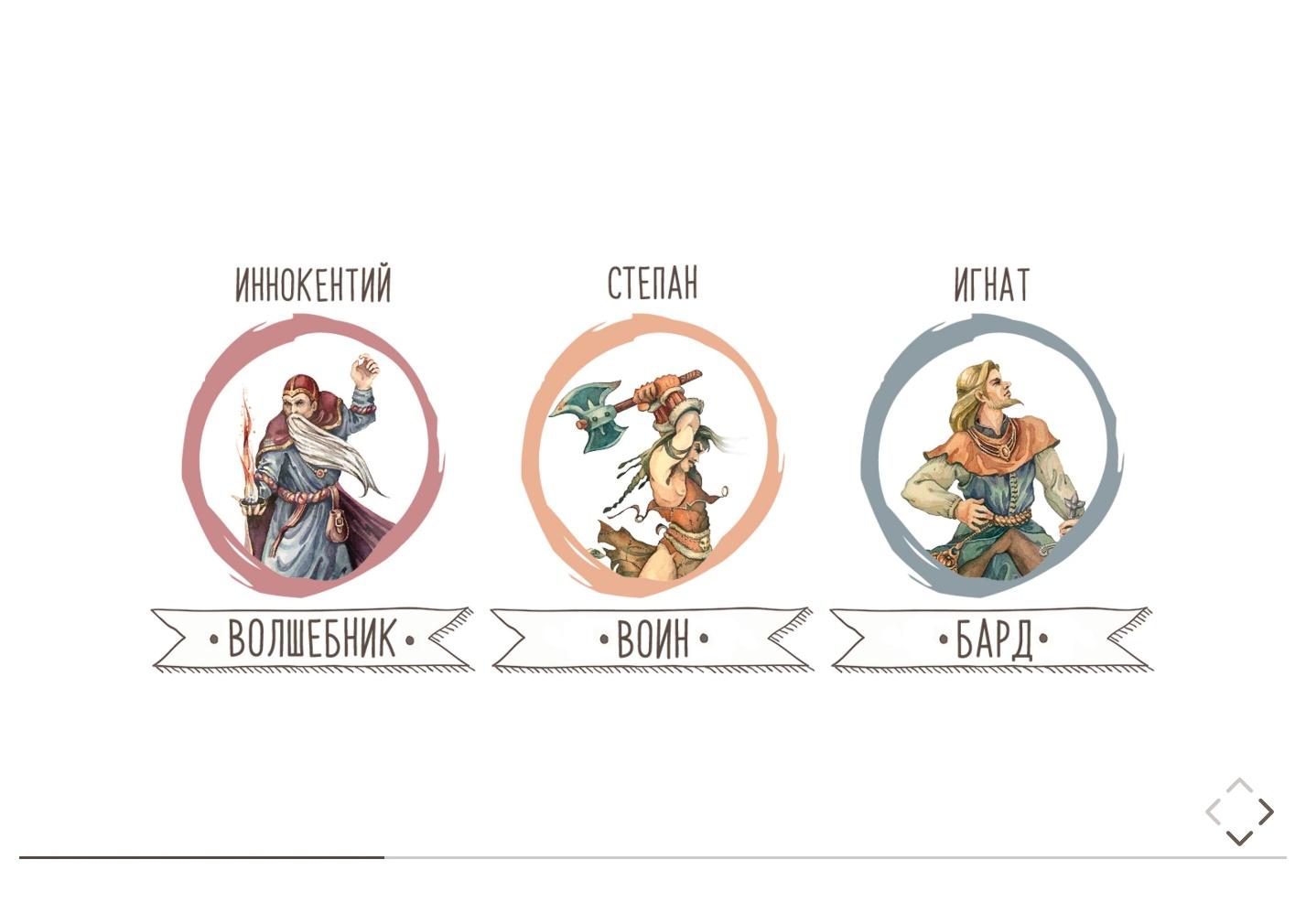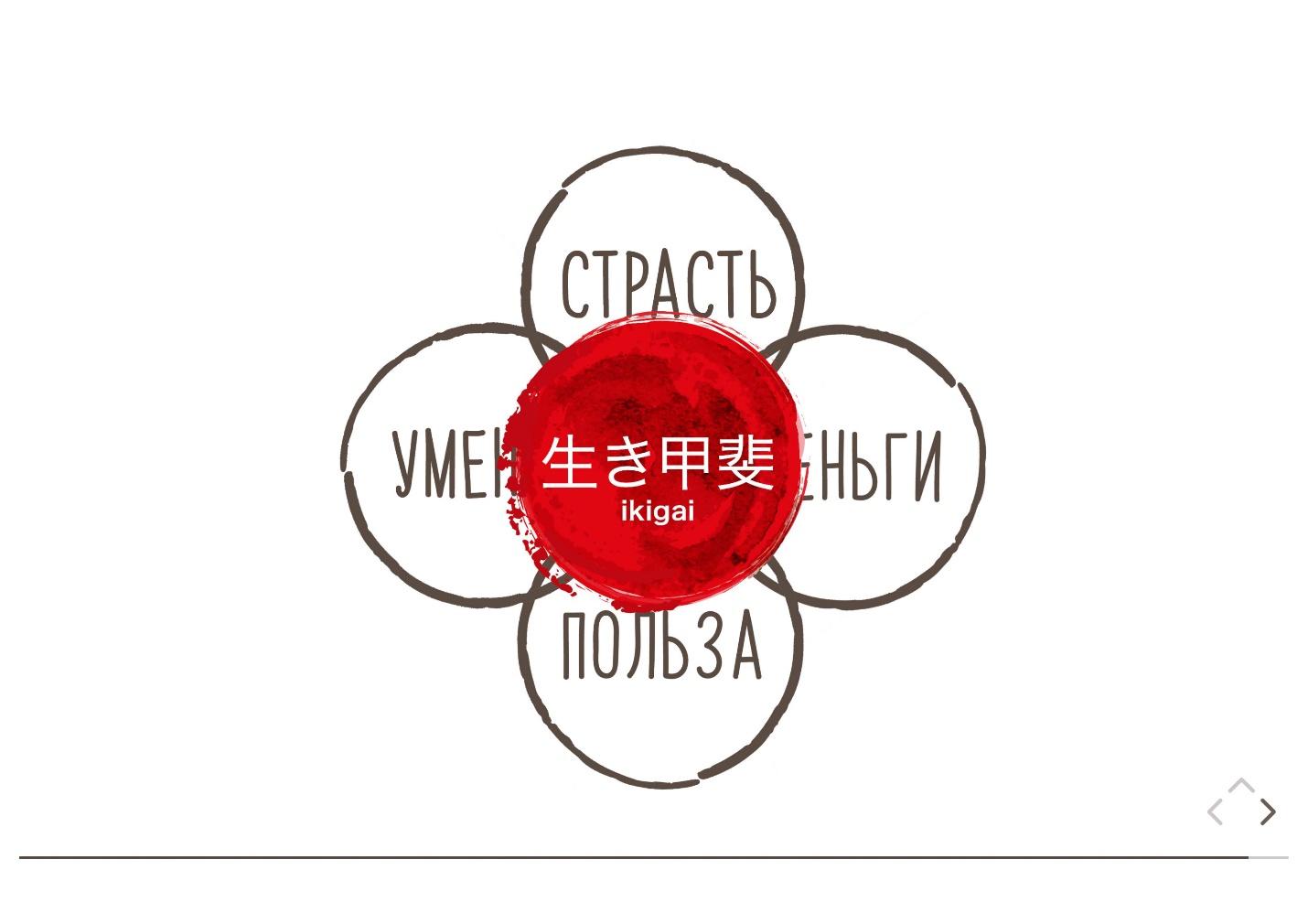Now I am a team leader, but why is it so bad for me? Practical advice
For some reason, it is considered that a tmlid is a higher step in the evolution of an engineer than all qualification levels, including senior. Despite the fact that everyone knows, the skills and skills needed there are completely different. But the fact continues to be a fact; in most companies, the best engineers become the team leaders. Sometimes, because it seems to the management that this will give the employee a new motivation and, in general, this is an increase. Sometimes, by virtue of necessity, we hired a lot of new employees, and someone has to answer for them and help them cut new features. It is not surprising that an untrained person, thrown into new duties, as if in water, falls into a state of existential crisis.

That the report on this topic was recognized as the best.at a conference for timblides and timblides, shows how really this situation is often encountered. But I must admit, of course, that Evgeniy Kot ( bunopus ) earned this “recognition” also by a magnificent performance. We are pleased to share his record with you.
Honestly, it’s worth taking the time to watch this talk. Moreover, the code and complex terms will not be there - you can even look at it with your family :) But, if you are a team leader who has not yet done everything, you have just enough time, below are some spoilers and important, though captain's, thoughts.
First, practically the main question about life and our Timlidian universe - who is the Timlid?

"Being a team leader is very cool!" - Eugene thought, only he would become: "I will solve very important issues." And I certainly got a familiar bitter feeling to you, when there was nothing to say at the stand-up after reports on the features and fixed bugs. You didn’t seem to have done anything: you went to rallies, answered mail. Or even a hit, when a subordinate says that you do not write code, why do you depict what you are doing code review.
At that moment, applause rang out in the hall - it hurts many.
Consider now the three characters that will personify the classic types of Timid.

Innocent: planning master, understands business metrics, knows a bunch of abbreviations. But his team does not know what is going on outside, does not know how their work is related to business tasks. Innocent's team has no flexibility and no growth.
Stepan : a very cool developer, can close more tasks in one day than the entire department. Of course, he thinks that everyone else in his team is not so good, does not trust them with complex tasks. As a result, bus factor = 1 and no hope for the growth of employees.
Ignat : faces the business, but the team is something else. He does not take responsibility, does not really understand what is going on in the team.
All of them are satisfied with the business, but we hardly call them good team leaders. And all because timlid - is another branch of evolution. And here is the advice of the day .

“So there are no others!” - you will say. And we have to try to sit on a newly-built timlid on two chairs: major and managerial. On one thing - to think about architecture, close tasks, help the team in complex implementations. On the other - to motivate, grow, etc. No, no, yes, and ask for something, while on both trying to sit.
Council known - delegate! But pushing tasks in Jira is not delegation . It is necessary to delegate responsibility, but not tasks. For example, let a review conducts someone from the team.
The second point is also kind of banal. But a must.

And also get a notebook (ok, it can be attached) and read Dorofeev already (at least in such a short version). And then it will be possible to tackle the immediate tasks of the team leader: focus, grow, inspire, communicate, think about people. Techlide may not work with people, but timlid should.
If your people do not grow, you are a bad team leader. And you will never know what the problem is, unless you talk to people.
Finally, Eugene offers to recall the philosophy of Ikigai, and wishes you and I to take the path to search for him and never be unhappy on this path.

This is a mixture of practice and existentialism very much listeners at Saint TeamLead Conf. Next in the TOP-5 included reports:
2. We evaluate the processes in the development team based on objective data / Sergey Semenov.
3. Communications as a performance-zone of work of a timlid / Alexander Ziza.
4. The role of the team leader in recruiting / Katerina Gavrilova
5. How to evaluate the effectiveness of the team / Alexey Kataev
Stay with us, soon we will open the video of these performances and publish something about them. Video can be caught on youtube-channel , and news conference in the newsletter .

That the report on this topic was recognized as the best.at a conference for timblides and timblides, shows how really this situation is often encountered. But I must admit, of course, that Evgeniy Kot ( bunopus ) earned this “recognition” also by a magnificent performance. We are pleased to share his record with you.
Honestly, it’s worth taking the time to watch this talk. Moreover, the code and complex terms will not be there - you can even look at it with your family :) But, if you are a team leader who has not yet done everything, you have just enough time, below are some spoilers and important, though captain's, thoughts.
First, practically the main question about life and our Timlidian universe - who is the Timlid?

"Being a team leader is very cool!" - Eugene thought, only he would become: "I will solve very important issues." And I certainly got a familiar bitter feeling to you, when there was nothing to say at the stand-up after reports on the features and fixed bugs. You didn’t seem to have done anything: you went to rallies, answered mail. Or even a hit, when a subordinate says that you do not write code, why do you depict what you are doing code review.
At that moment, applause rang out in the hall - it hurts many.
Consider now the three characters that will personify the classic types of Timid.

Innocent: planning master, understands business metrics, knows a bunch of abbreviations. But his team does not know what is going on outside, does not know how their work is related to business tasks. Innocent's team has no flexibility and no growth.
Stepan : a very cool developer, can close more tasks in one day than the entire department. Of course, he thinks that everyone else in his team is not so good, does not trust them with complex tasks. As a result, bus factor = 1 and no hope for the growth of employees.
Ignat : faces the business, but the team is something else. He does not take responsibility, does not really understand what is going on in the team.
All of them are satisfied with the business, but we hardly call them good team leaders. And all because timlid - is another branch of evolution. And here is the advice of the day .

“So there are no others!” - you will say. And we have to try to sit on a newly-built timlid on two chairs: major and managerial. On one thing - to think about architecture, close tasks, help the team in complex implementations. On the other - to motivate, grow, etc. No, no, yes, and ask for something, while on both trying to sit.
Council known - delegate! But pushing tasks in Jira is not delegation . It is necessary to delegate responsibility, but not tasks. For example, let a review conducts someone from the team.
The second point is also kind of banal. But a must.

And also get a notebook (ok, it can be attached) and read Dorofeev already (at least in such a short version). And then it will be possible to tackle the immediate tasks of the team leader: focus, grow, inspire, communicate, think about people. Techlide may not work with people, but timlid should.
If your people do not grow, you are a bad team leader. And you will never know what the problem is, unless you talk to people.
Life hacking: if heart-to-heart conversation does not work, offer a ride and have a cunning conversation.
Finally, Eugene offers to recall the philosophy of Ikigai, and wishes you and I to take the path to search for him and never be unhappy on this path.

This is a mixture of practice and existentialism very much listeners at Saint TeamLead Conf. Next in the TOP-5 included reports:
2. We evaluate the processes in the development team based on objective data / Sergey Semenov.
3. Communications as a performance-zone of work of a timlid / Alexander Ziza.
4. The role of the team leader in recruiting / Katerina Gavrilova
5. How to evaluate the effectiveness of the team / Alexey Kataev
Stay with us, soon we will open the video of these performances and publish something about them. Video can be caught on youtube-channel , and news conference in the newsletter .
